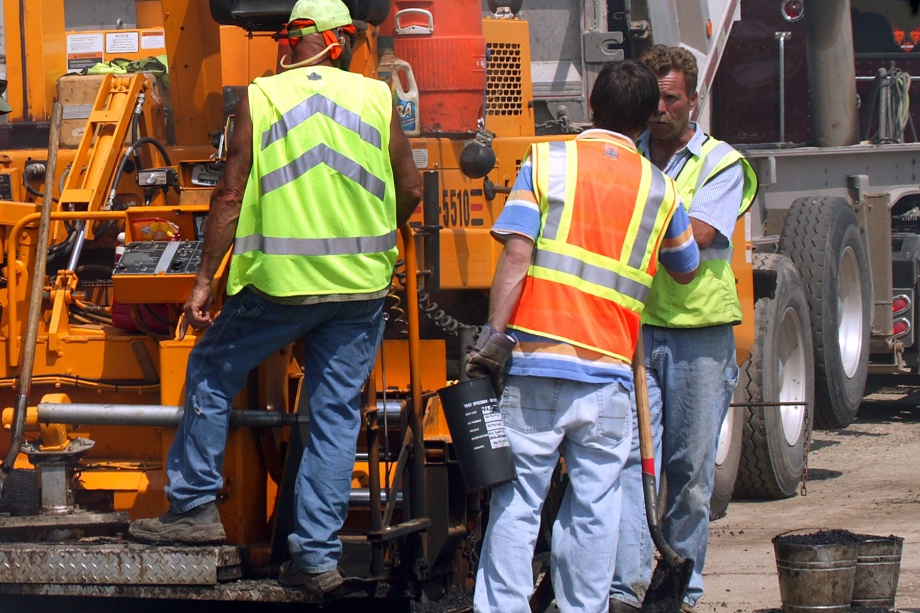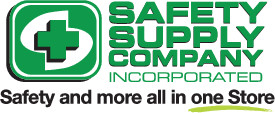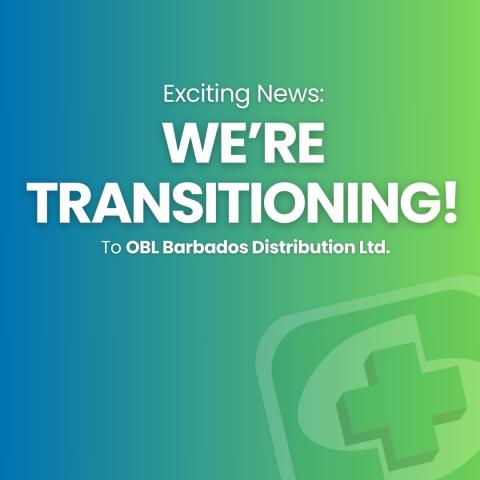High-Visibility Clothing, Do You Need It?

The main purpose of Hi-Vis clothing is to improve your visibility, making you more identifiable in traffic, construction and low-light environments. This is particularly important when there is rain, fog or when the wearer may be obscured by trees, barriers etc.
Should you be wearing high visibility clothing? Ask these questions when assessing the situation for hazards.
· Are you in an environment with moving traffic or equipment?
· Do the work conditions involve low visibility and traffic flow or machine operation?
· What is your working environment; is it complex, cluttered or filled with equipment?
· What are the lighting conditions and weather conditions (fog, rain, sunlight)?
· Consider the speed of the vehicles, the size of the vehicles and how fast they can stop on the conditions of the surface.
· Are there any hazard controls in place such as barriers that separate the traffic from you?
Although Hi-Vis clothing is important, it should be the last defense for workers, and other measures should be put in place to protect workers from unnecessary hazards when working in low visibility environments. Safety Supply offers a wide range of reflective clothing, which can be embroidered with your company’s logo, for a more personalized look. Browse our products here: http://safetysupplyco.com/shop/clothing/reflective-gear
Blog Articles
Check out more articles
Why You Should Service Your Safety Equipment
Safety equipment serves as the frontline defense against workplace hazards, ensuring the well-being of employees and minimizing risks.
View MoreExciting News: We’re transitioning to OBL Barbados Distribution Ltd.
We hope this letter finds you well. We are writing to share an important update about our business that will bring positive changes and enhanced offerings to you.
View MoreBright Lights, Safe Nights: Holiday Fire Prevention Guide
The holiday season is a time of joy and togetherness, often accompanied by decorations, festive lights, and celebratory gatherings.
View More



